Menopause marks a major change in a woman’s life. When it comes on is unique to each woman, but most women will go through it between the ages of 40 and 55. It signifies the end of menstruation and can bring major changes to the body — not all of them pleasant. The good news is that the symptoms can often be managed effectively with natural remedies. Let’s see how.
1. Common Symptoms Of The Menopause

There are many different and unpleasant symptoms that may occur during menopause. The most common of these are depression, vaginal dryness, mood swings, irritability and the occasional headache. These can, of course, be distressing to the person going through menopause and may need treatment if they don’t go away by themselves.
2. Hot Flashes

There is one major telltale sign that a body has hit menopause, and that is the advent of hot flashes. These will normally begin when the menopausal woman’s periods start to become irregular and they end about 1-2 months after their last period. They can occur at any time of the day or night and biologists are still unsure what causes them.
3. Official Diagnosis Of Menopause
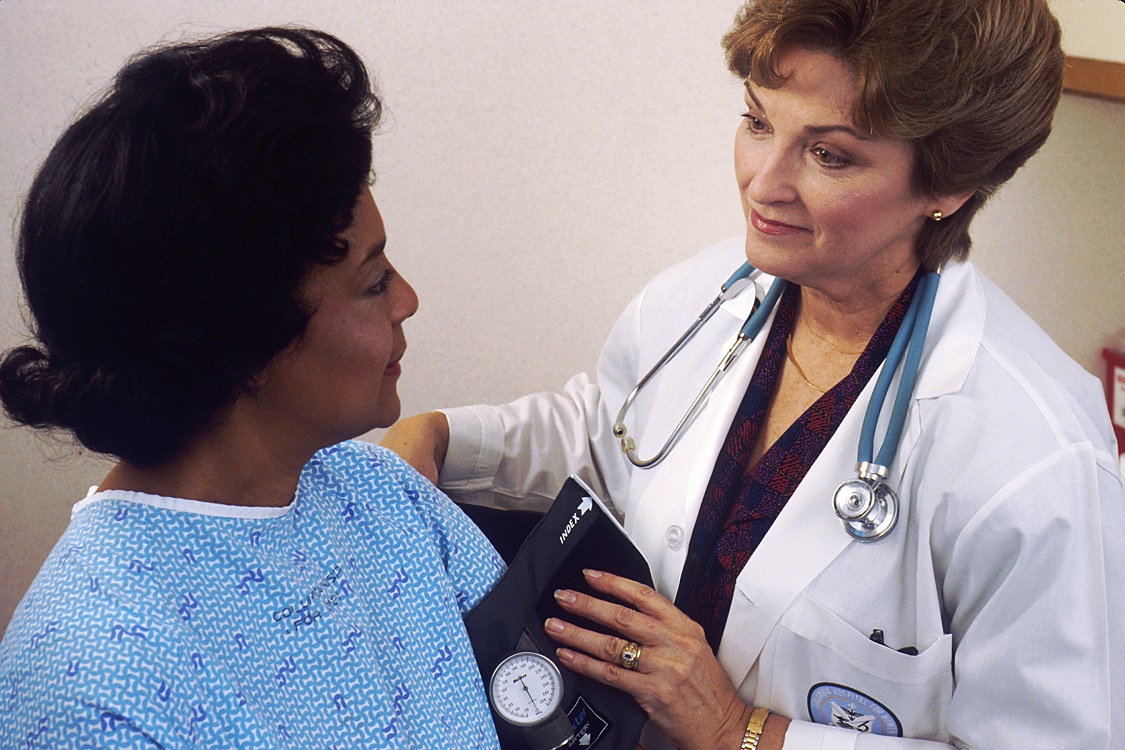
It is important not to self-diagnose menopause. All the symptoms we have mentioned, including hot flashes, can be caused by other conditions of varying degrees of severity. To be certain that your body is in menopause, it’s best to visit your physician and let them conduct either a follicle-stimulating hormone (FSH) or pap test.
4. Natural Remedies
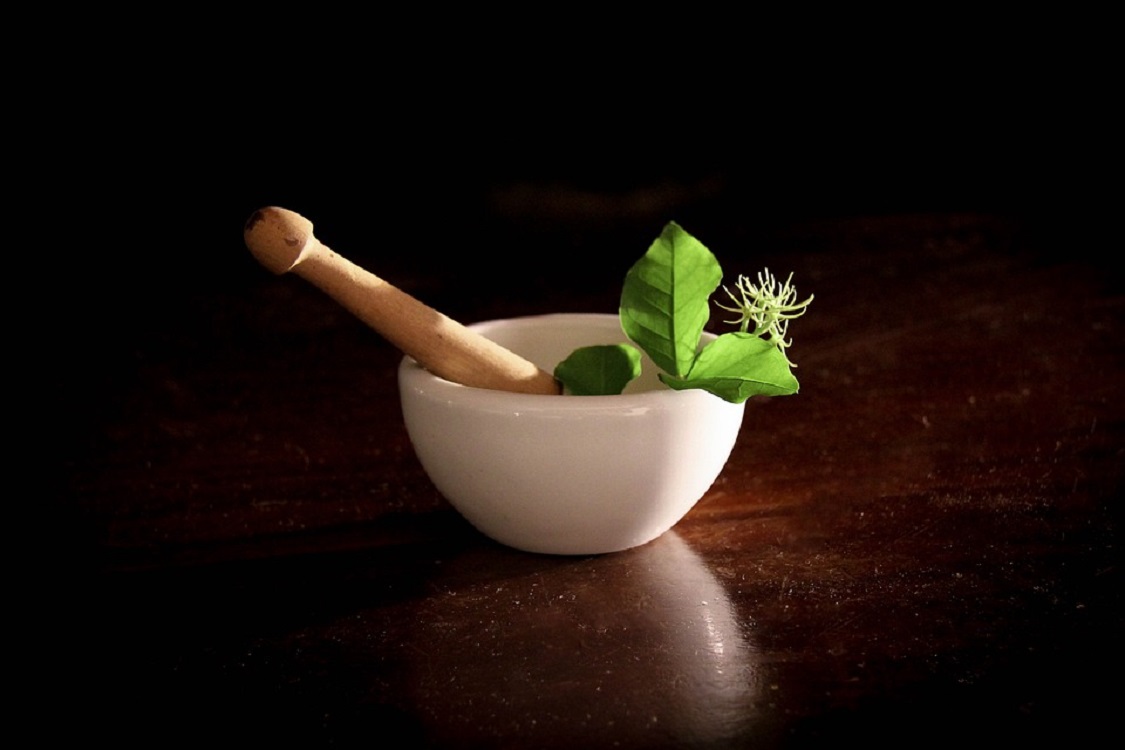
The good news is that the process of menopause is a natural one and that the vast majority of women who pass through menopause can happily manage their symptoms without resorting to pharmaceutical treatments. Before we look at the natural remedies for menopause symptoms, we’d like to remind you to discuss any medicinal choices, whether natural or over the counter, with your physician.
5. Black Cohosh
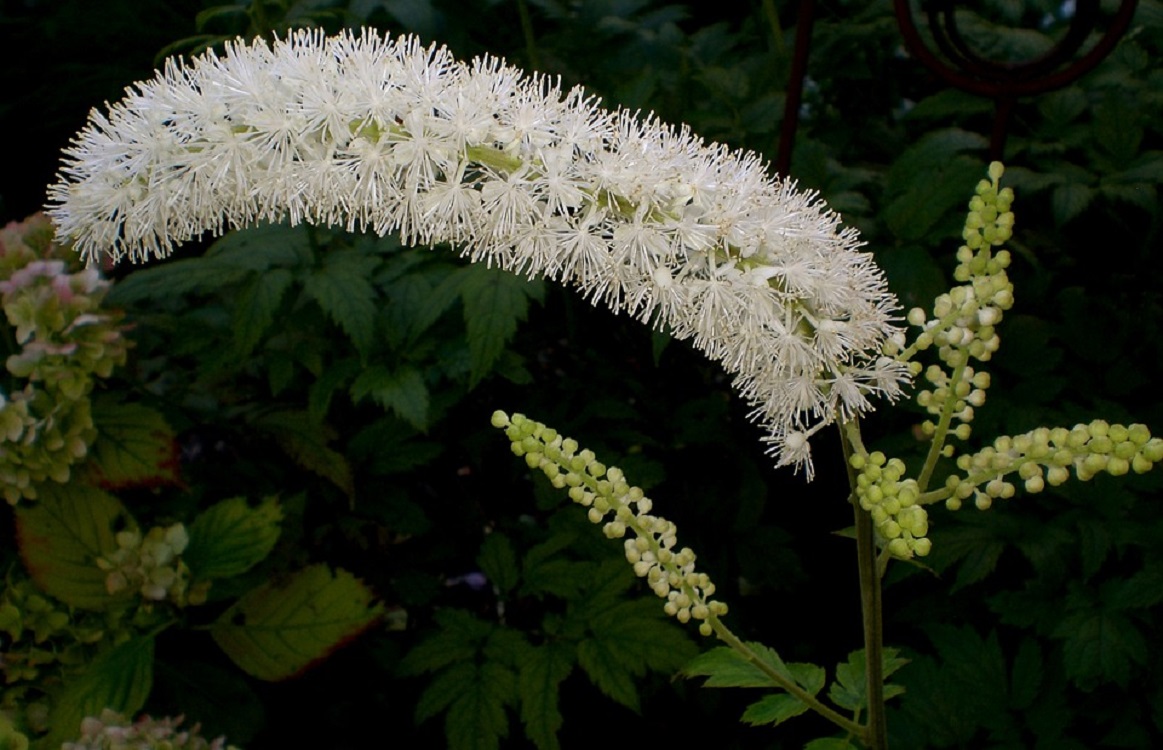
Black Cohosh has been very well studied when it comes to its relationship with menopausal symptoms. It is possibly the best hot flash remedy out there, and better still, it has no estrogenic activity, so it is usually safe for those with a diagnosed breast cancer risk to partake of.
6. Flaxseed Oil
Flaxseed has a very good reputation for assisting with hormonal imbalance in the human body thanks to a chemical in flaxseeds called lignin. To make your own flaxseed oil, you can use a coffee grinder to grind tablespoons of flaxseeds a day.
Don’t eat too much though — there are concerns that in large doses, flaxseeds may be toxic.
7. Evening Primrose Oil
Evening primrose oil should be in every woman’s medicine cabinet anyway. It’s a great boost to our general health and it also helps to regulate the production of estrogen. It can also promote a better night’s sleep if you’re finding that hot flashes are waking you during your rest times.
8. Soy Foods
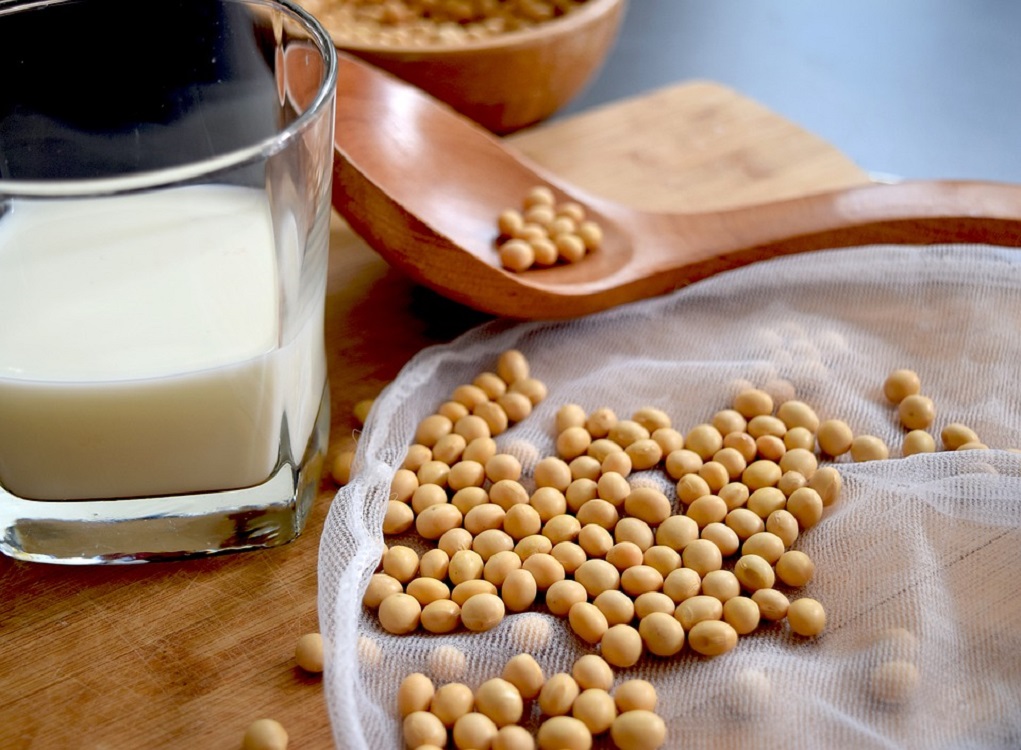
The extent to which soy-based products regulate hormonal levels is not yet fully understood. With that in mind, it’s probably best to stick to natural soy products during your menopause rather than turning to soy-based dietary supplements. There are four good sources of natural soy in most grocery stores – soy milk, tempeh, roasted soy nuts, and tofu.
9. Vitamins B, C And E
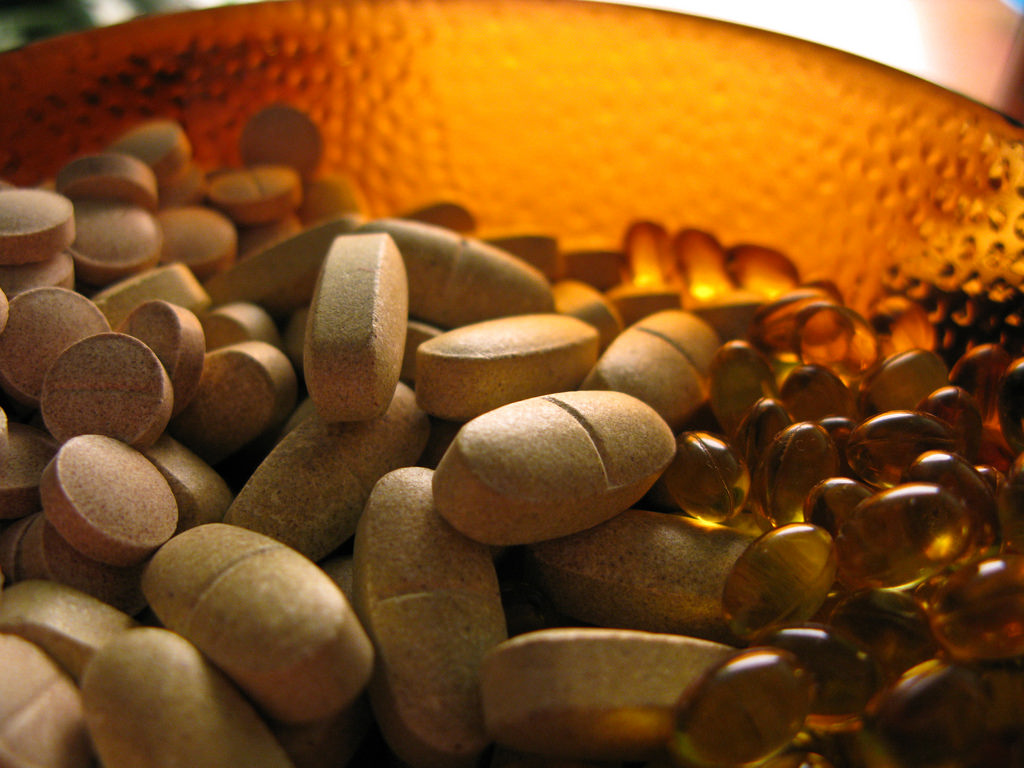
It is important to try and find vitamins in your diet wherever possible and only turn to supplements if you are instructed to by your doctor. Vitamin E, B, and C have all been reported in various studies to have a positive impact on menopausal women’s health and the good news is that it’s easy to find natural sources of these vitamins everywhere on the planet.
10. Dong Quai
Dong Quai (Latin name: Angelica sinensis) has been a firm favorite in both Chinese and Western herbal medicine for a long time. It promotes balance in the female hormones of the body but without any estrogenic effects.
It’s very important to note that if you suffer heavy bleeding in menopause that you should not use Dong Quai to treat it.
11. Natural Progesterone Cream
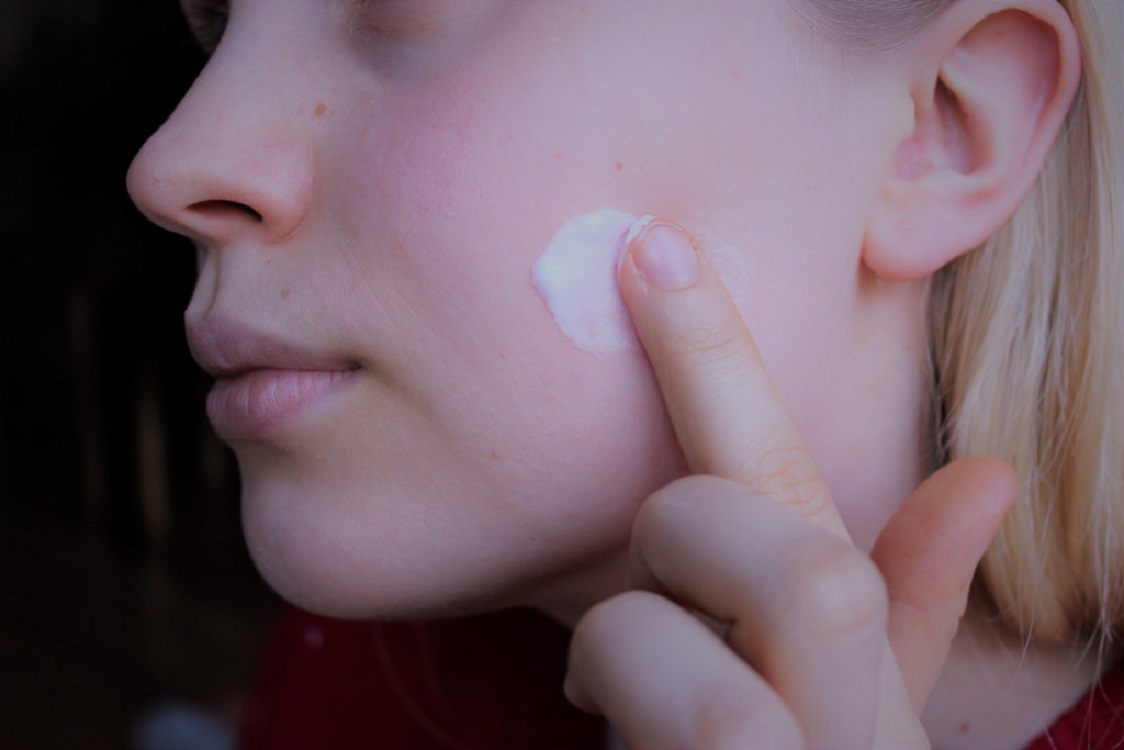
Progesterone is one of the two main hormones that affect menopause; the other is estrogen. Research says that many menopausal women suffer symptoms because they are “estrogen dominant” (e.g. they have too much estrogen and not enough progesterone). Thus, a natural progesterone cream is often a good way to bring things back into balance.
12. Chickweed Tincture
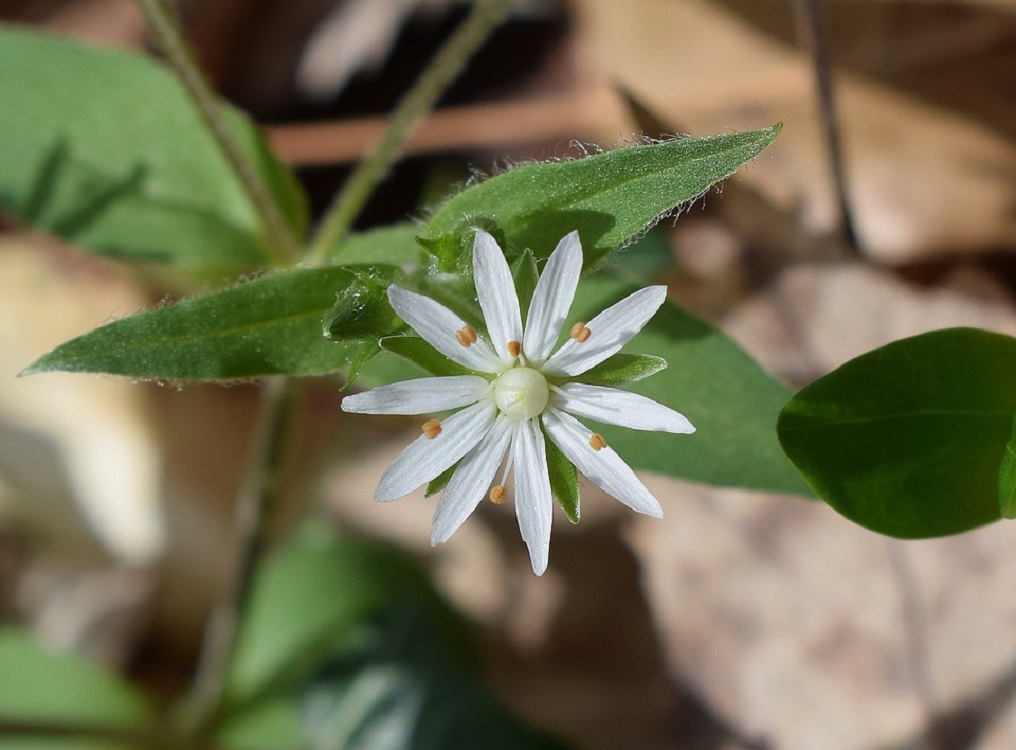
Chickweed is a commonly occurring plant, but in order to make it safe for consumption, it needs to be prepared as a tincture which you can buy in herbal stores. It has been shown that regular doses of such a tincture may lessen the number of hot flashes episodes a woman has and the severity of those episodes.
13. Red Clover
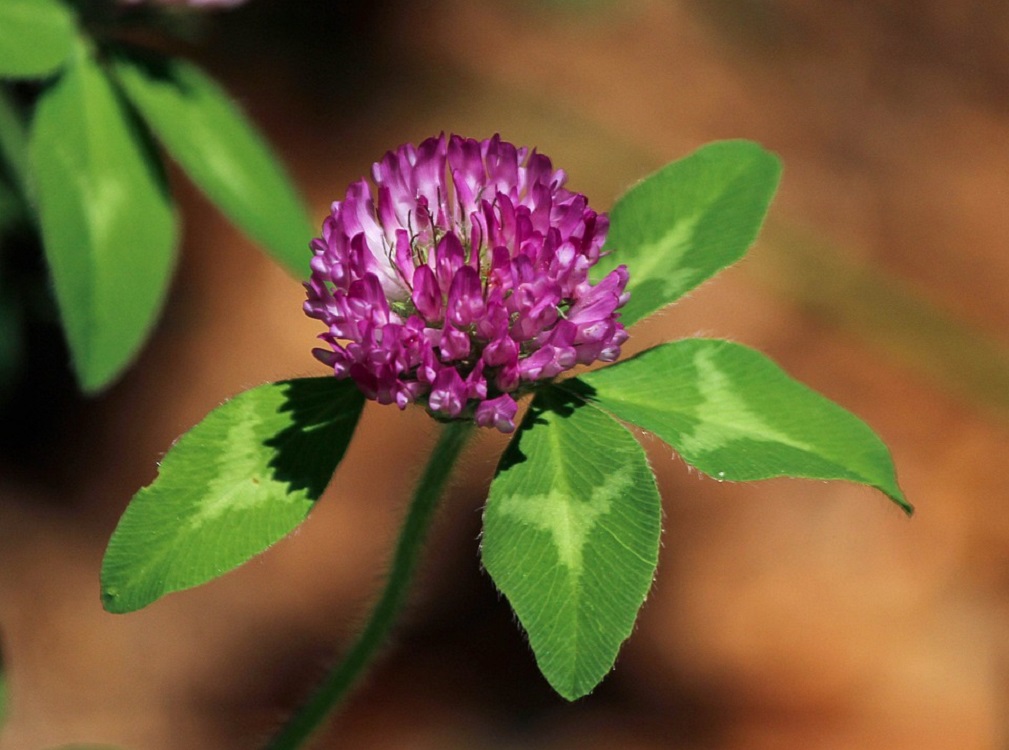
Red clover is an amazing source of natural progesterone, and as such, it can help restore the hormonal balance of the body. It has also been found to help with lowering cholesterol in the bloodstream which makes it beneficial to more general health too. Scientific trials are ongoing to see how red clover actually acts on the body.
14. Sage
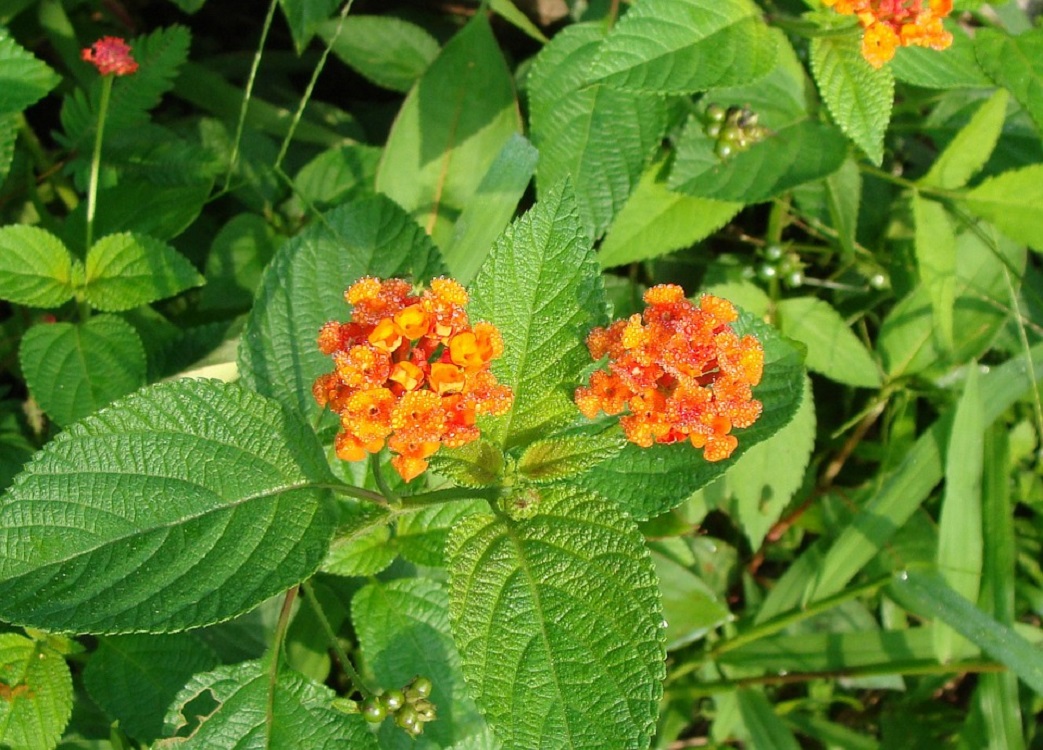
Sage is a wonderful herb for cooking with and many kitchens will have a plentiful supply on hand. You can brew it into an organic tea which has been shown to reduce digestion problems and act as a natural remedy for headaches.
It’s worth noting that sage is not the same as diviner’s sage and the two should not be confused.
15. Lifestyle Changes During Menopause

Evidence suggests that your mental attitude plays a part in your menopausal symptoms. Taking a positive attitude towards the change can really help boost how you feel.
It’s also clear that regular exercise can help improve your general well being and your outlook on life, which in turn can help manage your symptoms more effectively.











